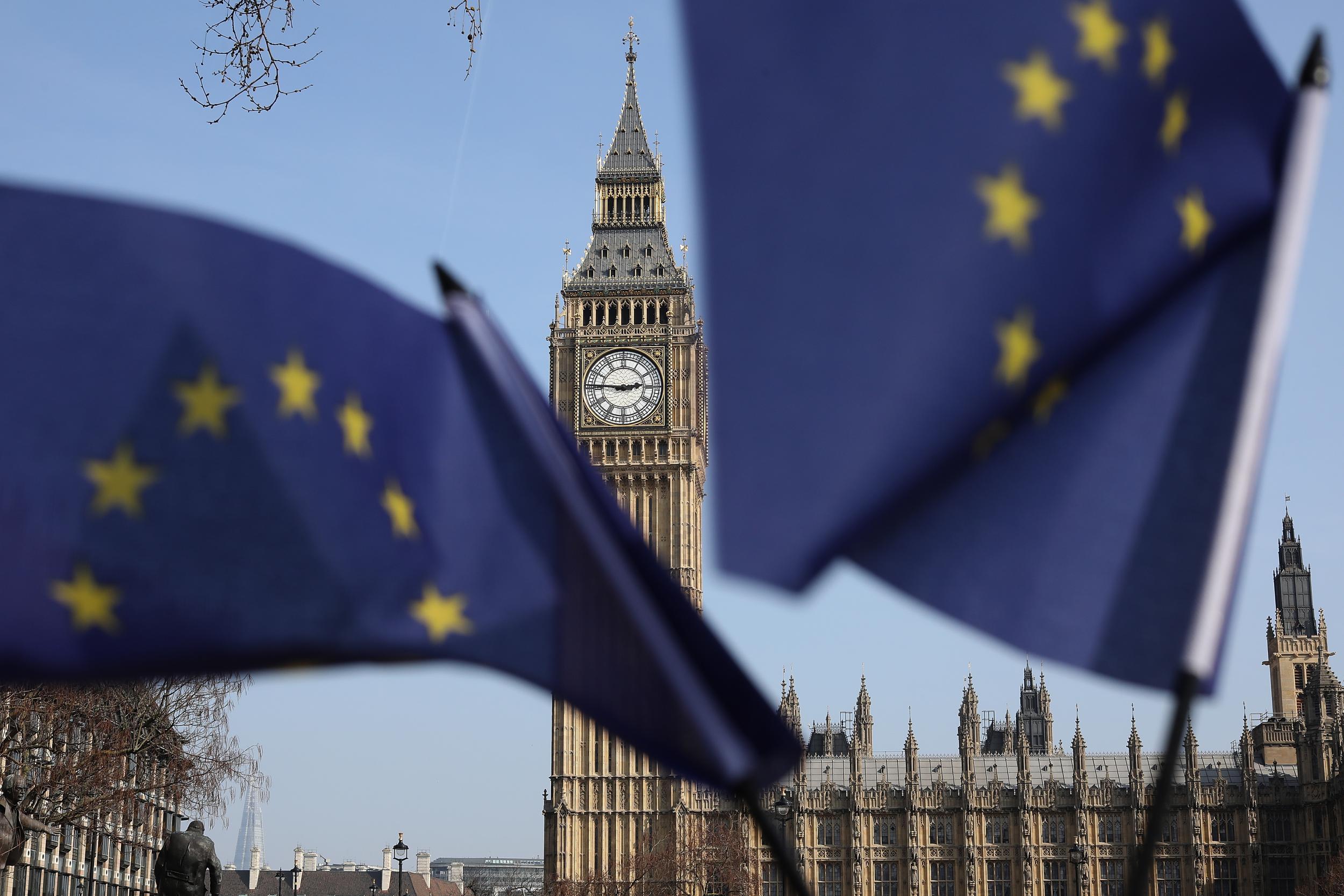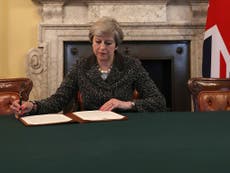The EU will defend its interests in the Brexit talks, but will also be generous to British citizens
The UK cannot have preferential access to the single market, says the European Parliament’s chief negotiator. This is not punishment; it is an inevitable consequence of leaving


Since the UK referendum on European Union membership, I have received thousands of letters from UK citizens angry that their European identity is being taken from them against their will. From a 15-year-old in the South West of England upset with his parents and grandparents for voting to leave because he hoped to study in Germany, to a 90-year-old man who survived the Blitz in London, but still believes that, for all its failings, the EU has a fundamental role in cementing peace in Europe.
Within days of Article 50 being tabled we were reminded of the important role the EU has played in unifying European nations, when some who should know better compared Gibraltar to the Falkland Islands and suggested the British Prime Minister would be justified in taking military action against Spain, despite the fact that no one threatened the sovereignty of Gibraltar.
Yes, it is inevitable that the EU will now support the economic interests of Spain and the Republic of Ireland in any forthcoming discussions about the EU’s external borders, but in the coming years the EU’s interest will be to secure peace on our continent, not stoke division. As Theresa May made clear, these issues will be solved by “jaw-jaw” and not “war-war”. The draft guidelines of the European Council on Gibraltar made clear that any future agreements concerning Gibraltar will need Spain and the UK to agree. This is a statement of the obvious, not a threat to the sovereignty of Gibraltar.
It was with great sadness this week that MEPs debated Brexit in Strasbourg. Discussions in the coming months will be tough and at times, intense. The scale of the talks ahead are unprecedented, but there is unanimity among MEPs that our priority will be to prioritise the rights of citizens.
This means moving quickly to agree a reciprocal deal on the rights of UK citizens in the EU and EU citizens in the UK. As the European Parliament’s Brexit resolution adopted this week makes clear – this agreement must be subject to the principles of reciprocity, equity, symmetry and non-discrimination. Any degradation of the rights linked to freedom of movement, including discrimination between EU citizens in their access to UK residency rights before Brexit day, would be contrary to EU law.
After much debate within the European Parliament, the parliament’s resolution also notes that many citizens of the UK have expressed strong opposition to losing the rights they currently enjoy as European Union citizens and “proposes that the EU 27 examine how to mitigate this within the limits of Union primary law”. I fought hard in the parliament for this provision to be maintained and hope in the coming months to continue to push for such an offer from the EU to British Europeans.
The EU will defend its interests in discussions with the British Government, but I also believe it is important the EU is generous and open to British citizens. I hope any such steps will be viewed openly by Theresa May. Why am I campaigning for this? Because for over 40 years we have worked as closely as partners. While I have often disagreed with the European policies of British leaders, I deeply valued the UK’s contribution to the European project, in particular the British role in building the EU’s single market, which, for now at least, stretches from Liverpool to Bucharest.
Leaving this single market will have consequences, because of course, it would be incoherent and grossly unfair for full members of the EU club to be asked to give a third country a better deal than they have themselves.
As the Parliament’s Brexit text also makes clear, any future economic agreement between the EU and the UK must not contain piecemeal or sectorial provisions regarding preferential access to the single market. This is not punishment; it is an inevitable consequence of the UK Government’s decision to leave it.
MEPs this week overwhelmingly backed the idea of a UK-EU association agreement. I hope the recent comprehensive association agreement between the EU and Ukraine could provide an appropriate framework for a special future relationship. On 21 December 1954, after tough negotiations, the French diplomat Jean Monnet and the British Conservative Duncan Sandys, Churchill’s son-in-law, signed an association agreement between the UK and the European Coal and Steel Community. This association agreement functioned until the UK joined as a full member state in January 1973. Brexit really will mean turning the clock back.
Guy Verhofstadt is the European Parliament’s chief Brexit negotiator



Join our commenting forum
Join thought-provoking conversations, follow other Independent readers and see their replies